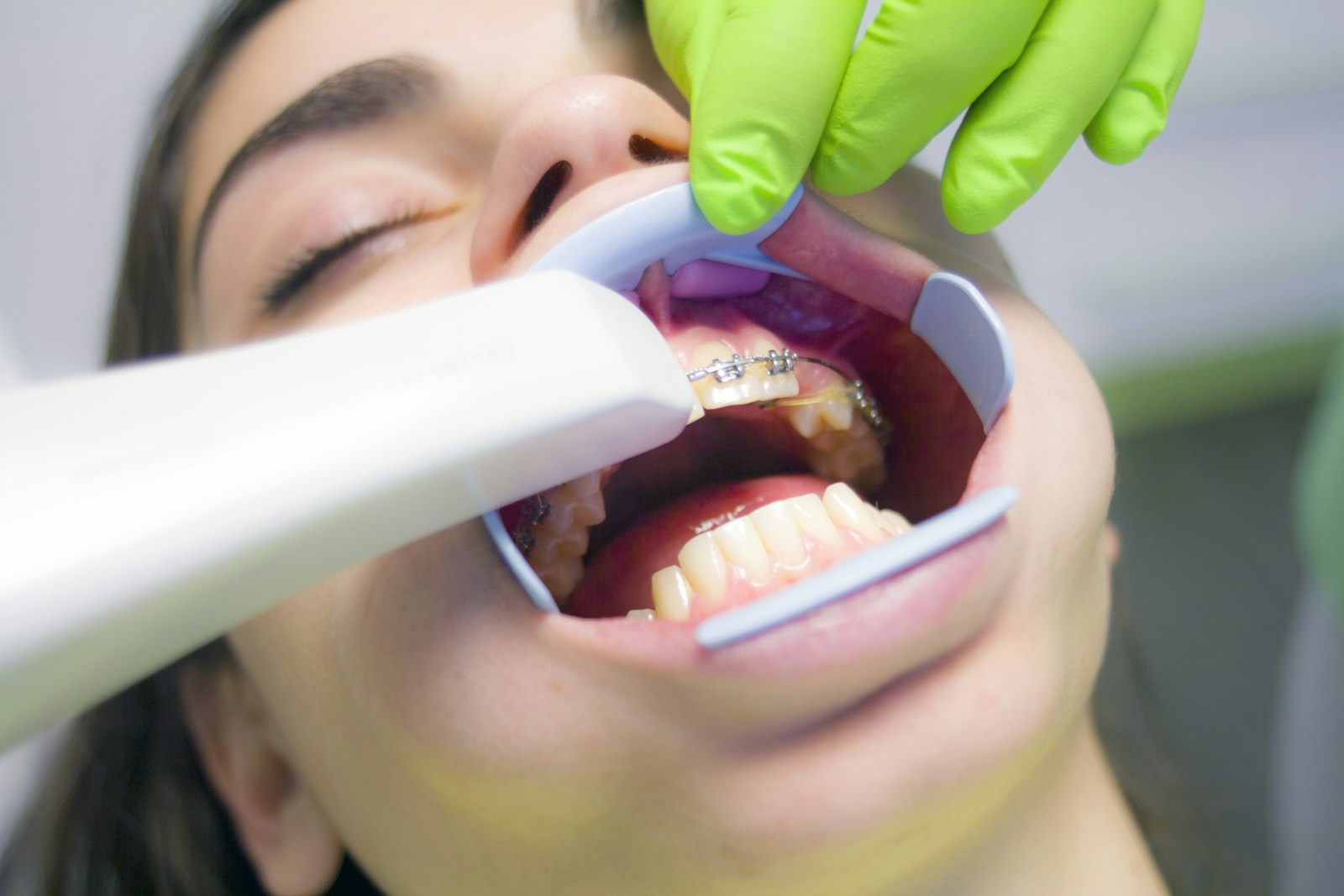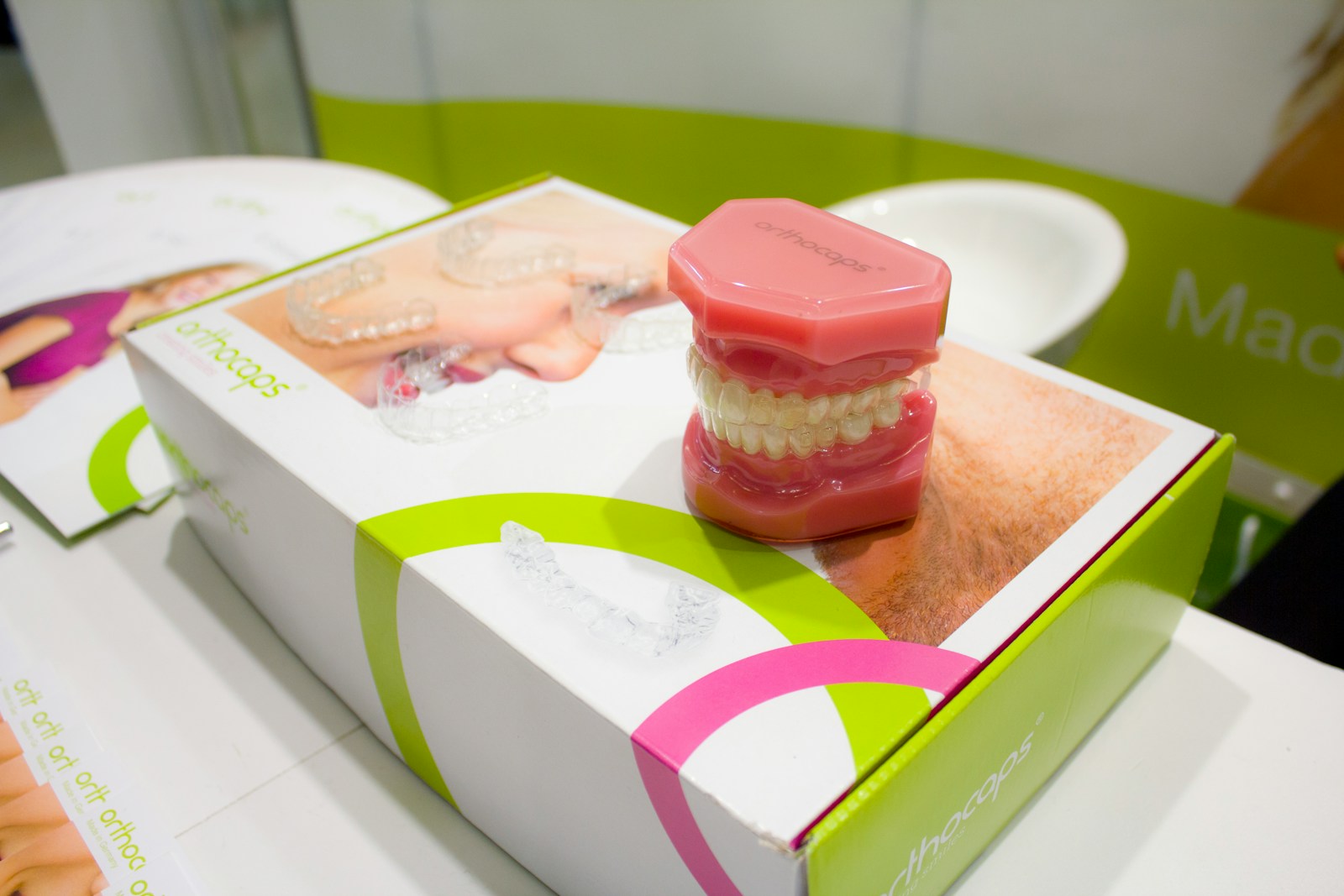A dentist takes care of your teeth figuring out what’s wrong, fixing them up, and stopping troubles before they start. It’s super important to keep your mouth clean and healthy, and dentists are the ones saving your smile by filling holes in teeth mending the broken ones, and teaching folks how to look after their chompers. If they’ve got special training, they can do big-deal stuff like root work putting in fake teeth, and making crooked smiles straight.
These tooth docs can hang their shingles at their own spots, work at hospitals, or be part of a team in dental offices. They’ve got to be skilled with their hands good with people, and know their stuff about mouths to get patients well and keep them believing in the magic they do.
Resume Description to Land This Gig
A dentist’s resume must highlight hands-on clinical work caring for patients, and specialized knowledge in performing dental services.
Example of a Resume Write-up:
“Dedicated and detail-oriented Dentist with 5+ years of experience providing comprehensive dental care. Skilled in diagnosing oral health issues, performing restorative and cosmetic procedures, and educating patients on preventive care. Adept at building strong patient relationships and ensuring a positive dental experience.”
Key Skills to Include:
- Proficiency in dental procedures such as fillings, extractions, and crowns.
- Knowledge of advanced dental technology, including imaging equipment.
- Strong communication and interpersonal skills.
- Attention to detail and problem-solving abilities.
- Commitment to patient education and preventive care.
- Compliance with sterilization and infection control protocols.
Feel free to adjust details to better match your experience!
Salary (Based Range in USA)
Dentist salaries vary based on experience, specialization, and geographic location. Below is an estimated range:
- Entry-Level Dentist: $120,000 – $150,000 annually.
- Mid-Career Dentist: $150,000 – $200,000 annually.
- Experienced or Specialized Dentist: $200,000 – $300,000+ annually.
Hourly rates typically range between $60 and $150 per hour, with specialized roles like orthodontists or oral surgeons earning at the higher end of the spectrum.
Responsibilities

A dentist’s responsibilities include a wide range of clinical and patient care tasks to maintain and improve oral health.
Clinical Care
- Examine patients’ teeth, gums, and oral tissues to diagnose conditions.
- Perform dental procedures, such as fillings, extractions, root canals, and crowns.
- Treat oral infections, injuries, and diseases.
Preventive Care
- Educate patients on proper oral hygiene and preventive care techniques.
- Provide fluoride treatments and apply sealants to protect teeth.
- Develop and implement treatment plans to address dental issues.
Patient Interaction
- Build trust and rapport with patients to ensure a positive experience.
- Address patient concerns and answer questions about oral health.
- Provide follow-up care instructions and schedule routine check-ups.
Administrative Duties
- Maintain accurate patient records, including treatment histories.
- Supervise dental hygienists, assistants, and other team members.
- Ensure compliance with legal and ethical standards in dentistry.
Advanced Procedures (for Specialists)
- Conduct orthodontic treatments, such as braces or aligners.
- Perform surgeries, such as dental implants or jaw reconstructions.
- Handle cosmetic procedures, including teeth whitening and veneers.
Qualifications
Becoming a dentist requires a significant educational commitment, technical training, and soft skills to provide excellent patient care.
Educational Requirements
- A Bachelor’s degree, preferably in biology or a related field.
- A Doctor of Dental Surgery (DDS) or Doctor of Dental Medicine (DMD) degree from an accredited dental school.
- Licensure is mandatory in all states, requiring successful completion of the National Board Dental Examination (NBDE).
Skills and Competencies
- Technical Skills: Expertise in using dental tools and technology.
- Communication Skills: Ability to explain complex procedures to patients in simple terms.
- Attention to Detail: Precision in performing dental procedures.
- Manual Dexterity: Excellent hand-eye coordination for intricate dental work.
- Problem-Solving Skills: Quick decision-making in diagnosing and treating dental issues.
Experience
- Entry-level dentists often gain experience through residencies or internships.
- Continuing education and specialization can lead to advanced roles.
FAQs
Q1: What kinds of focus areas can dentists pick from?
Dentists might decide to focus on stuff like fixing crooked teeth (that’s orthodontics) treating gum diseases (periodontics), taking care of kids’ teeth (pediatric dentistry), doing mouth operations (oral surgery), or making dentures and crowns (prosthodontics). They gotta take extra classes and pass more tests to do these.
Q2: How much time do you gotta put in to be a dentist?
So, you’re looking at 8 years. First off, you need 4 years to get your undergrad degree. Then, you hit another 4 years of dental school. If you’re aiming for one of those special focuses, tack on another 2 or 3 years.
Q3: How’s the job scene looking for dentists?
People know more about keeping their teeth healthy nowadays so they want better dental work. This makes the dentist job market solid. The folks at the Bureau of Labor Statistics say it’s gonna keep growing.
Q4: Do dentists work solo or with others?
Most dentists aren’t going it alone; they team up. They work with dental hygienists, assistants, and the office crew to make sure patients get all-around care.
Q5: What tough stuff do dentists deal with?
Dentists run into a few rough spots like keeping patients chill always learning new tech stuff, and juggling time between fixing teeth and paperwork.
Conclusion
Going for a career as a dentist means hitting two birds with one stone, getting job satisfaction and a steady paycheck. These pros keep smiles bright and healthy, which is super important for a person’s total health game. If you’re looking to wear that white coat, get ready to dive into some serious learning, sharpen those skills, and stick with it, ’cause this path is quite the hot ticket in the job market.
